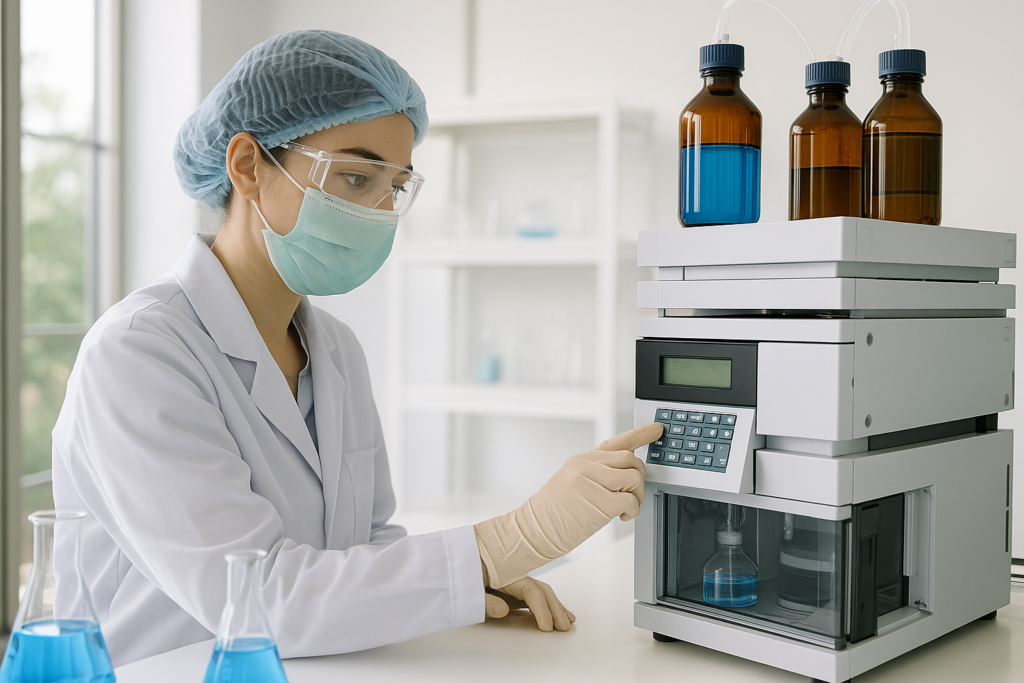
Pharmaceutical products must meet strict regulatory requirements to ensure their safety, efficacy, and quality. Analytical testing plays a crucial role in maintaining compliance with these regulations by verifying the chemical composition, potency, and purity of drugs.
Regulatory bodies require thorough documentation of analytical testing procedures, results, and validation processes. Companies must adhere to Good Manufacturing Practices (GMP) and Good Laboratory Practices (GLP) to ensure continuous compliance.
By integrating robust analytical testing into the pharmaceutical manufacturing process, companies can avoid compliance risks, product recalls, and regulatory penalties.
IntroductionA robust Quality Management System (QMS) is the backbone of any GMP-compliant pharmaceutical operation. During supplier or vendor audits, evaluating their QMS is essential to ensure that your sourcing partners... Read more
Analytical method development is a critical aspect of pharmaceutical research and quality control. It ensures the accurate identification, quantification, and characterization of drugs and their components. A well-developed analytical method... Read more
In the pharmaceutical industry, ensuring drug quality, safety, and efficacy is paramount. Analytical development plays a crucial role in maintaining these standards by optimizing methods for identifying, quantifying, and characterizing... Read more